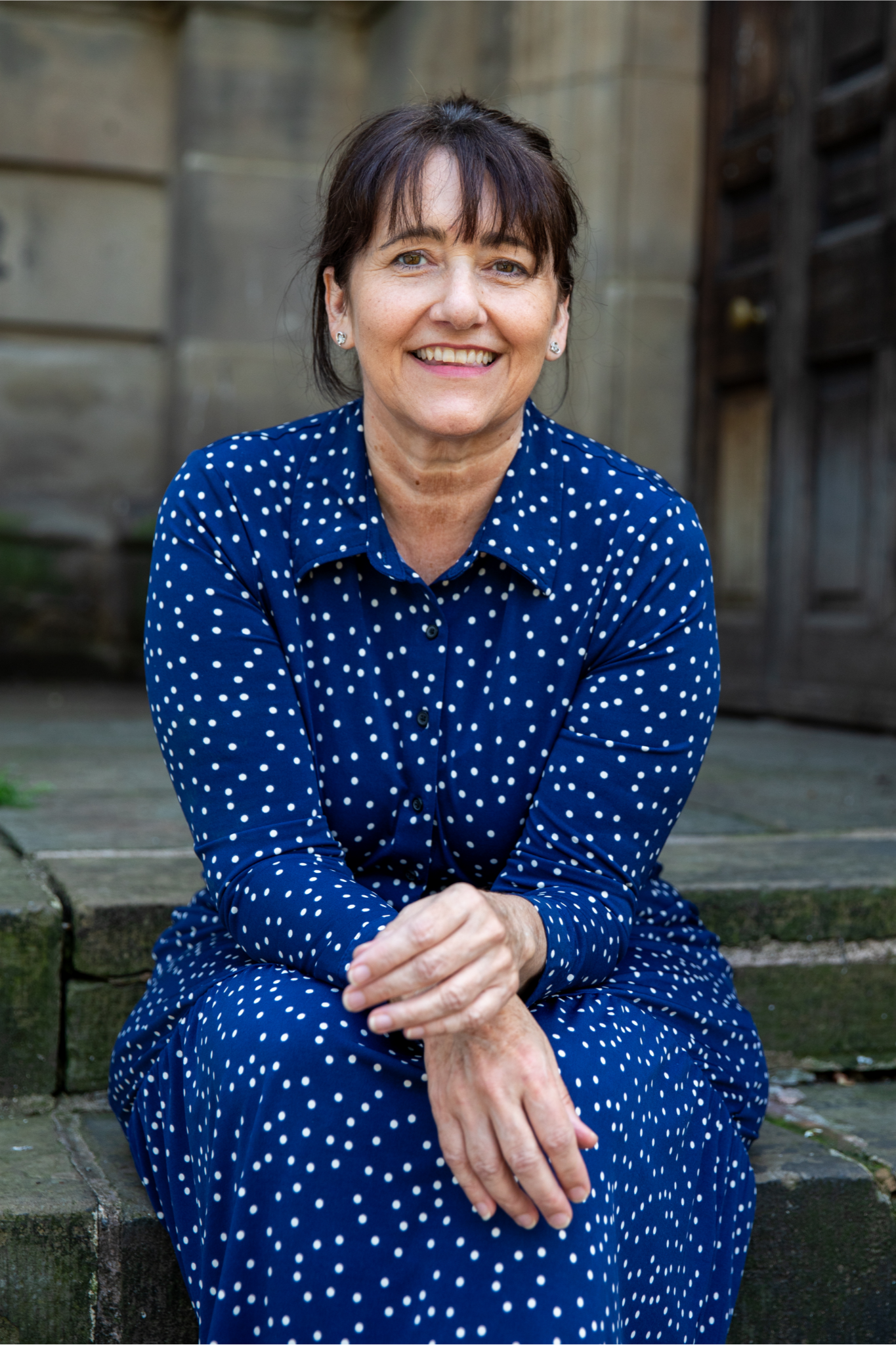The gender health gap is leading to a global healthcare crisis.
Hundreds of years of poor quality, misleading information about female health has resulted in menstruators being unable to make simple choices on how to best manage their hormone health from periods to no periods, and beyond.
In The World Economic Forum, Global Gender Gap Report 2022, based on 146 countries shows, the US ranks 27th, and the UK ranks 22nd in the world overall. In fact, the UK has the largest gender health gap of all countries in the G20!
In 2022, the global gender gap has been closed by 68.1%. At the current rate of progress, it will take 132 years to reach full parity.
Evidence collected by Nottingham Women’s Centre for the Women and Equalities Commission written report, July 2022, found that “many women said they lacked basic knowledge about the menopause, which meant they struggled to identify their own symptoms and reach out for support.” and, “Many women reported issues with their GP; they either found that their GP was not sympathetic or understanding, or that they did not spot their menopausal symptoms. GPs do not receive mandatory training in menopause, which is surprising as women are sign-posted to their GPs to get support.”
A survey carried out by BUPA shows that 34% of those who consulted a GP said they were unable to help them and a further 30% said the GP didn’t know enough about menopause.
The data collected by Health&Her showed that 63% of women would rather speak to anyone but their GP/Nurse.
There is clear evidence that menstruators of all ages need someone to turn to for advice and guidance, outside of the current medical healthcare service, in the UK.
Holistic health advisors and wellness professionals are ideally placed to be a part of the network of support that menstruators need. The Menopause School has the ability and track record to teach them how to.
We pledge to seek ways to close the gender health gap starting with:
- Delivering educational support on menstrual and menopause health to wellness professionals, using a whole-person, evidence-based approach.
- Create a diverse collective of professionals who can create confident conversations and advocate for those who need help with their menstrual and menopause health.
- Teach menstruators the fundamentals of menstrual health with a lifetime lens to enable informed choices and improve health outcomes.
Our mission is for all Wellness Professionals to understand the following:
- The Mechanics of Menopause – the back story and the Biology, starting with menstrual health and how menopausing (the transition) happens.
- That menopausing is in fact ovarian aging which, during the typical lifespan has a start date and an end date, and that this timeline is approximately 40 years.
- Menopause is defined as the permanent stop of the menstrual cycle, not a collection of symptoms, risks, and consequences.
- Understand that Menopause is not an isolated aspect of female physiology.
- Know that menopause occurs in 100% of females, either as part of ovarian aging, removal of ovaries (surgical menopause), or induced by medication.
- Recognise that menopausing is like a fingerprint. Unique to the individual.
- Understand how menstrual health is an integral part of mental health for a person who menstruates.
- Menstrual health cycle tracking is a valid way of supporting hormone health outside of periods and pregnancy.
- Acknowledge the bigger picture of the role of the hormone collective in every part of female health and well-being
- Know the difference between menopause diagnostic symptoms and long-term menopausing symptoms.
- Observe the science that explains why there are no fixed number of symptoms and the words each person uses to describe them is relevant and meaningful to them.
- Symptoms, both diagnostic and long-term, are caused by a change in hormone ratio and overall lifetime levels, triggered by ovarian aging and changes in brain activity.
- There are long-term health consequences of menopausing during the postmenopause lifespan, which can be a third of a menstruators life. The challenge is not only about navigating symptoms but doing it well so the risk of poor health outcomes is significantly reduced.
- Managing symptoms is based on the 11 systems and how they are affected in the individual, not single solutions, short-term fixes, and generic healthy lifestyle mantras.
- We are advocates of an informed choice and recognise the value that hormone replacement plays in the menstrual health lifetime journey, but not at the exclusion of a whole-person approach.
- Being a menstrual health and menopause advocate means you have the ability to guide, nurture and support someone along their hormone highway, and know when and where to signpost them for further advice.




